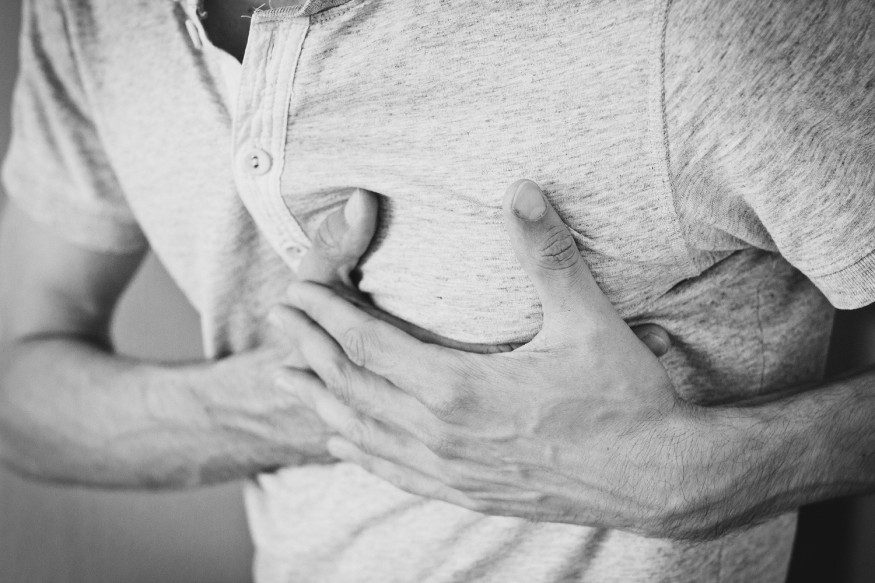WebMD reports that doctors in one Ohio hospital have discovered another possible consequence of the coronavirus pandemic. They recorded an increase in cases of "broken heart syndrome."
This condition, which doctors call stress cardiomyopathy, is somewhat similar to a heart attack, with symptoms like chest pain and breathlessness. However, it does not have the same cause as a heart attack.

Doctors believe that the condition reflects a temporary weakness in the heart muscle due to a surge in stress hormones. Furthermore, two Cleveland Clinic hospitals have also reported stress cardiomyopathy diagnoses shot up in the early weeks of the COVID-19 pandemic.
Increased number of 'broken heart syndrome' cases
According to the new study, stress cardiomyopathy cases were diagnosed in almost 8% of patients in March and April. They arrived in the emergency room complaining of chest pains and other possible heart symptoms.
That number was four to five times higher compared to the rates seen before the pandemic happened. It hovered around 1.5% to 1.8% increase during that time.
Although COVID-19 may lead to heart complications, none of the patients diagnosed with stress cardiomyopathy have tested positive for the infection, according to cardiologist Dr. Ankur Kalra, who worked on the study.
"That suggests this is not a reflection of the virus, but the stress of the pandemic," Kalra said. He added that stress cardiomyopathy is a relatively new diagnosis, and doctors are still trying to understand the condition fully. It got its nickname because it may arise after an emotionally stressful event, such as divorce, death, or even the pandemic.
Kalra also said that other stressful situations--from a traffic accident to surgery--can also trigger stress cardiomyopathy.
On the other hand, Dr. David Kass, a cardiology professor at Johns Hopkins University School of Medicine in Baltimore, said that the condition might not arise immediately after the trigger. For example, a person could develop stress cardiomyopathy after surviving an earthquake, then dealing with one's fear.
Read Also : Psychotherapist Reveals How Easing of Restrictions Could Lead People to Feel Anxious and Overwhelmed
Stress cardiomyopathy
The broken heart syndrome is thought to happen when the heart muscle is overwhelmed by a flood of the stress hormone catecholamines, said Kass. It temporarily reduces the pumping ability of the heart.
Moreover, the condition is quite distinct from a heart attack. Kass explained that there are no blockages in the arteries with the broken heart syndrome, and the heart muscles do not die off even if they may be temporarily stunned.
However, the symptoms do mimic a heart attack, says cardiologist Dr. James Januzzi of the Massachusetts General Hospital in Boston.
Januzzi explained that the condition might look different from a heart attack on an electrocardiogram, and when doctors did an angiogram, there are also no blockages. Patients with this condition recover quickly and have no long-term heart damage.
Kass said that the pandemic's stress could have increased the rate of people reporting the condition. Also, Januzzi noted that it is very plausible that these stressful times could be leading to a real case of "COVID-associated" stress cardiomyopathy.
Kalra urged people to manage stress by getting regular exercise or using meditation to quiet the mind. The findings were published in the journal JAMA Network Open on July 9.
© 2025 ScienceTimes.com All rights reserved. Do not reproduce without permission. The window to the world of Science Times.












